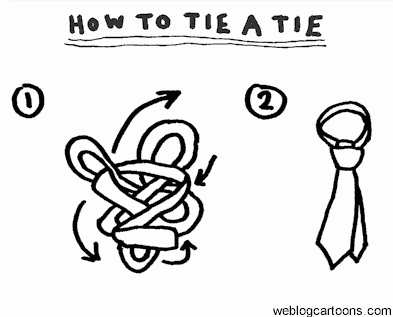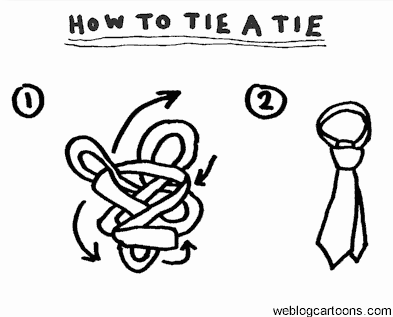Do you own a job or a REAL business? The difference for financial advisors

5 min Read
Do you own a business, or a job?
Most financial advisors either want a business they can “grow old with”, OR a business they will be able to eventually sell.
Most advisors have merely created a job — not a business.
The line between owning a job and owning a business is relatively defined, but many struggle to decipher between the two. Ultimately, it boils down to this: Could you sell your ‘business’ tomorrow, hand it over to someone else, and walk away after a few days of transition without their frantic calls for help?

If you don’t have clear processes in place, if you haven’t documented exactly what those processes are, and you couldn’t walk away from the ‘new guy’ in a few days, you basically have a job. Your ‘business’ isn’t there yet.
Consequently, the prospect of selling a job is difficult, and having a business you’re tolling away in is frustrating.
Chuck Blakeman illustrates the stages of creating your ideal business environment in his book Making Money is Killing Your Business. The seventh stage of a business, Blakeman describes, is succession. Succession is more than selling a company; it can also mean to provide an annuity stream from your business. This is when you have the money and the time to enjoy your life.
The Disconnect for Advisors
The Bureau of Labor Statistics compiled the average pay for a range of professions. In 2010, the median pay for a financial advisor was $64,750 — or $31.13 an hour. AS a Consultant to financial advisors, most advisors I speak with want to be significantly above this amount, well north of the $100,000 range.
In order to be in a place to have a succession and make the money you aim for, you need to transition from thinking you have a practice to thinking you own a business.
Most advisors have set out on their role as a business owner by looking at their business simply as a PRACTICE. What I mean is that they are doing investment management, financial planning, or asset gathering simply because they enjoy creating a relationship with a client. In each of these three areas of the industry, the advisor is extremely good at what he does, but he has not gone beyond his strength to create a business.
One advisor’s story
A couple of weeks ago, I spoke with an advisor in Illinois. The advisor began his career with the state government, working with the department responsible for creating the budget. It was there that he learned how to effectively create procedures. As he states, “I was fortunate to be exposed to procedures early on.”
There is nothing more beneficial to an advisor’s business than to have procedures in place. Procedures are what take your practice from a hobby to a business and enable you to move from being an employee to a business owner.
The advisor provides tax and accounting besides financial planning. Especially now, just after tax season, you realize the importance of having procedures in place. This doesn’t mean he is not working hard. But when you have to pick up the tax business once a year beginning around December, it helps to have a process on which you can rely.
Six new clients come in from the tax business each year. In addition to this, he gets 14 new clients from referrals.
Around tax time, this advisor remembers why having a process is important: “Procedures provide consistency. I don’t have to go and reinvent the wheel. It’s not hard either. You just sit down and do what you do and write it down while you are doing it. It makes it easier, especially if you have 90 days or a year before you need to get things done.”
When you may go 270 days without having to do a tax return, it is a huge benefit to have process in place so you can streamline what needs to get done.
This mindset helps you NOW, too, before succession
Procedures also allow advisors to provide a consistently high level of service to their clients. Advisors who are doing this may even automate elements of their client engagement with a well-designed, intuitive online portal.
Procedures also help your employees do great work. “Procedures empower employees and help to tell them what their job responsibilities are and inform them of the outcomes that the company wants to achieve,” said the advisor from Illinois.
Beyond this, a huge benefit of having “all the pieces and in place” with an established process is that you are creating a real business for yourself. You move away from just having a job, to owning a real, sell-able advisory business.
Venturing beyond maintaining a practice and creating an actual business will allow you to be successful and have the money and time you want to enjoy life. Your overall lifestyle will benefit from the processes in place, and your business focus will be on the business. Ultimately, this switch in focus gives you the choice to continue owning your business and receive an annuity each month to sustain your lifestyle, or sell the business for the highest profit because you have the process in place that is most compelling for someone to come in and purchase the business.
Go out there, stop thinking like a person with a job and start thinking like the owner of a business.

